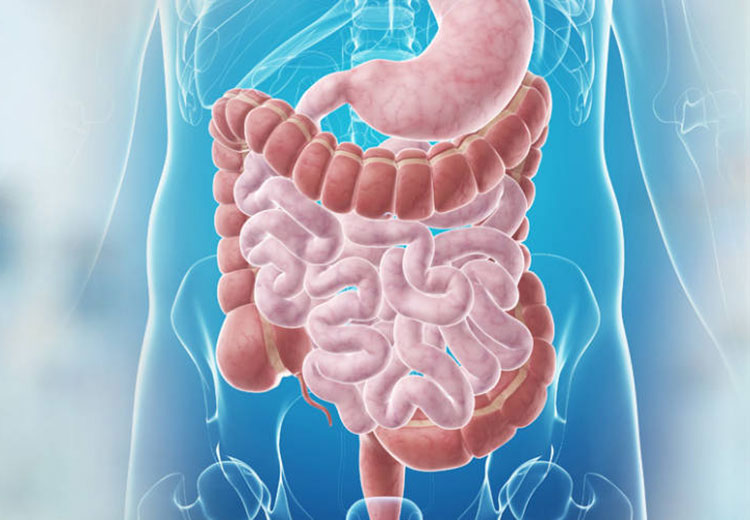This branch of science, which deals with the organs of the esophagus, stomach, small intestines, large intestines, liver, gallbladder, pancreas, is looking for solutions to known diseases of these organs such as ulcers, gastritis, jaundice, cirrhosis, spastic colon (irritable bowel syndrome: IBS), gallstones and inflammation, gastrointestinal cancers, hemorrhoids (yeast, hemorrhoids).
The main clinical signs and symptoms of gastroenterological diseases are as follows :
Constipation
Diarrhea
Vomiting
Nausea
Abdominal pain
Irritable bowel syndrome
Retrosternal burning sensation (Burning sensation in the middle of the chest)
Acid reflux (Getting bitter water in the mouth)
Gallbladder pain
Constipation
Constipation, in other words, constipation, is a condition in which bowel movements decrease compared to normal. Bowel function differs from person to person. The daily number of defecations of some people may be the same as the weekly number of someone else. To understand the constipation condition, a slowing of movement is a sign that is different from the natural state than the number of defecations.
Treatment
Intestinal dissolving drugs are used in treatment. For this purpose, solutions taken by mouth, tablets are used, as well as enemas used gödensel. However, first of all, the treatment of the underlying cause leading to this condition should be followed.
The Incidence of Constipation and its Importance in Society
Constipation is one of the diseases that are referred to the doctor most often. Although it is usually seen at an advanced age, it can affect all segments of society. It is found 2-3 times more in women than in men. About a third of all adults complain of an anus or rectum disease at some point in their lives, such as hemorrhoids (hemorrhoids), fissures or fistulas.In such cases, we should consult a specialist doctor, we should not leave the work to our own methods.

